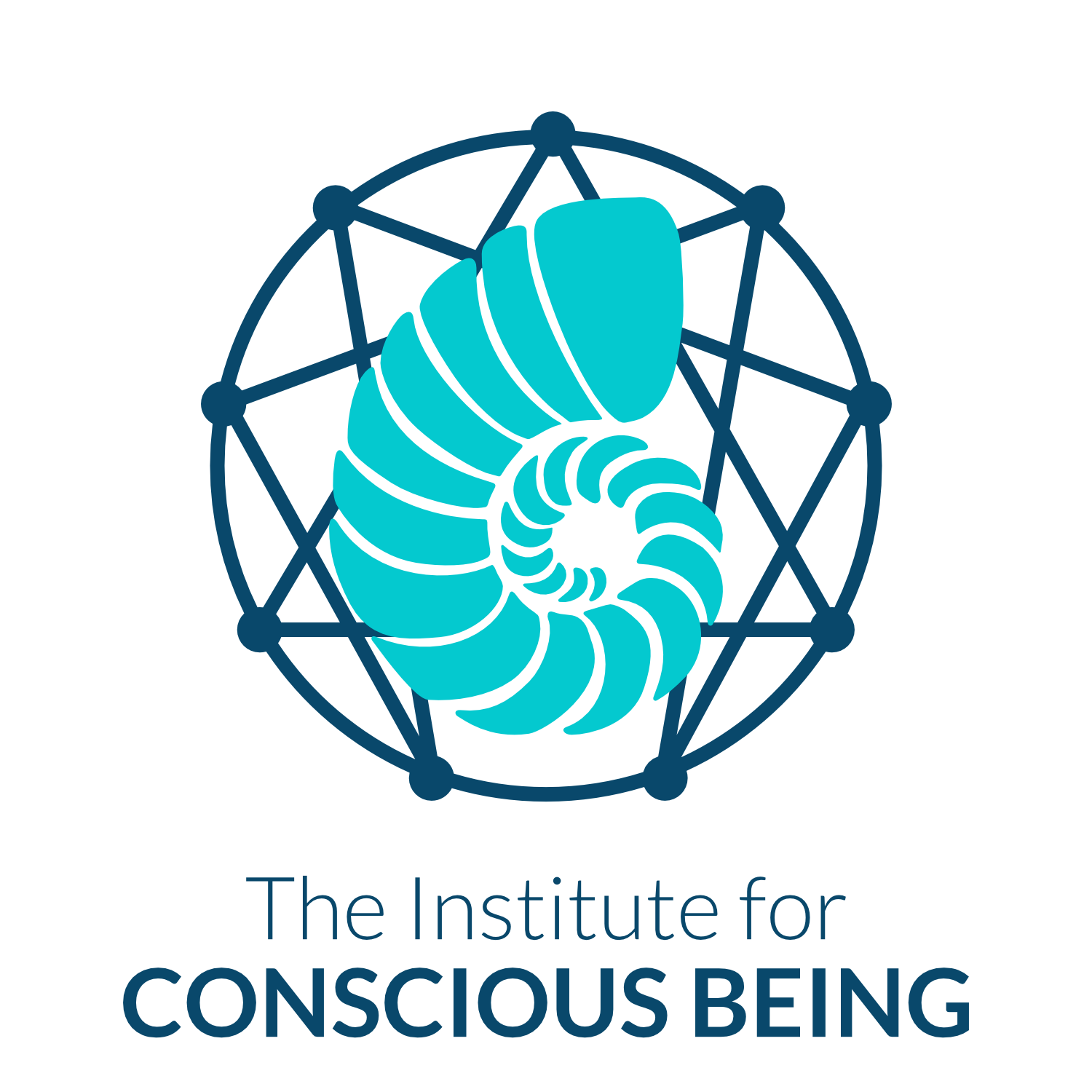Relevance Part 3
February 6, 2025
Relevance Part 3
At ICB, we receive many responses to online evaluations from people attending our many events. They are thoughtful enough to take their time to evaluate our conferences, workshops, intensives, programs within intensives, online offerings, and our spiritual pilgrimages, to mention a few. When we ask for opinions and ratings for any given program, we usually receive as many types of views as there are respondents.
But what strikes me as I read the "evals" is that people experience the programs through the lens of what is most relevant to them. For example, a person in grief may pick out the presentation on the grief process and experience it in terms of their personal losses. A participant may zero in on the temperature of the meeting space if they are concerned about their physical condition. At the same time, someone else may focus on the timing and flow of the schedule. Someone may concentrate on the social aspects of the weekend. Someone may center on the feelings that a particular presentation gave them. Someone else may report on the new thoughts that came up for them because of a particular activity or presentation. People pay attention to the things they find relevant.
However, the most startling discovery for me is how everyone has a different take on the same presentation. Oh, there may be some people who see things quite similarly. However, no two people have identical perspectives on any one presentation. It's impossible that we would, because we all have different histories that create a particular worldview which detects the things that confirm or oppose our perceptions. We are also in various stages of life, different personality types, and life situations, which automatically make particular topics more relevant to each of us according to these dimensions.
For example, someone who experienced tremendous injustice is now sensitized to specific circumstances and behaviors that alert them to injustice. Therefore, they experience the presentation in the light of justice vs injustice. Another dear soul has experienced a life-changing natural disaster and sees life through the lens of vulnerability and sudden loss. Some found healing for their deep wounds by studying and applying Jungian psychology, so they interpreted life through that lens. Another person is a new parent and sees everything in light of how they shape their children's lives. Another person in midlife is awakened from sleepwalking through life and now experiences everything in terms of their search for meaning.
It may sound like I am stating the obvious — that we are all different and see the world differently. Yet this “obvious” phenomenon is a two-sided coin: We can understand the differences in people and work with them, OR our personal perspective can close our eyes to the perspectives of others. Acknowledging and respecting the interests of others is a gateway to higher consciousness. We can always benefit from what we learn from another person's life experience, even if their experience, opinions, and relevancies do not align with ours. Because we are made better human beings by understanding others’ perspectives, everyone's experience is ultimately relevant to ours in inestimable ways.
Listening to others' perspectives widens our previews. Hearing others’ takes on life challenges our assumptions and ideas that may otherwise be set in concrete. And by hearing their stories, we can receive others as living windows into the world for us. Understanding other people’s world views informs our actions. Their views and stories spark different ways for us to experience other human energies, and we have more knowledge to make more creative responses. We benefit by knowing the hearts of our brothers and sisters, and thereby, we can respond to them with wisdom. We can connect the dots from us to them and see how they are relevant to us, even if they do not appear to be. We can find joy in sharing without defending our own perspective or taking offense to theirs. The perspectives of others can empower us by showing more of the truth of reality. Then we can more readily love.
Spiritual practice: Converse with someone whose interests seem entirely irrelevant to yours. What did you learn about the world from them? In reviewing your part of the conversation, what did you learn about you?
Self-inquiry: Why would we not want to converse with those whose lives seem irrelevant to ours?
Dear God,
Make me conscious that all with whom I share this planet are relevant to me. Amen


